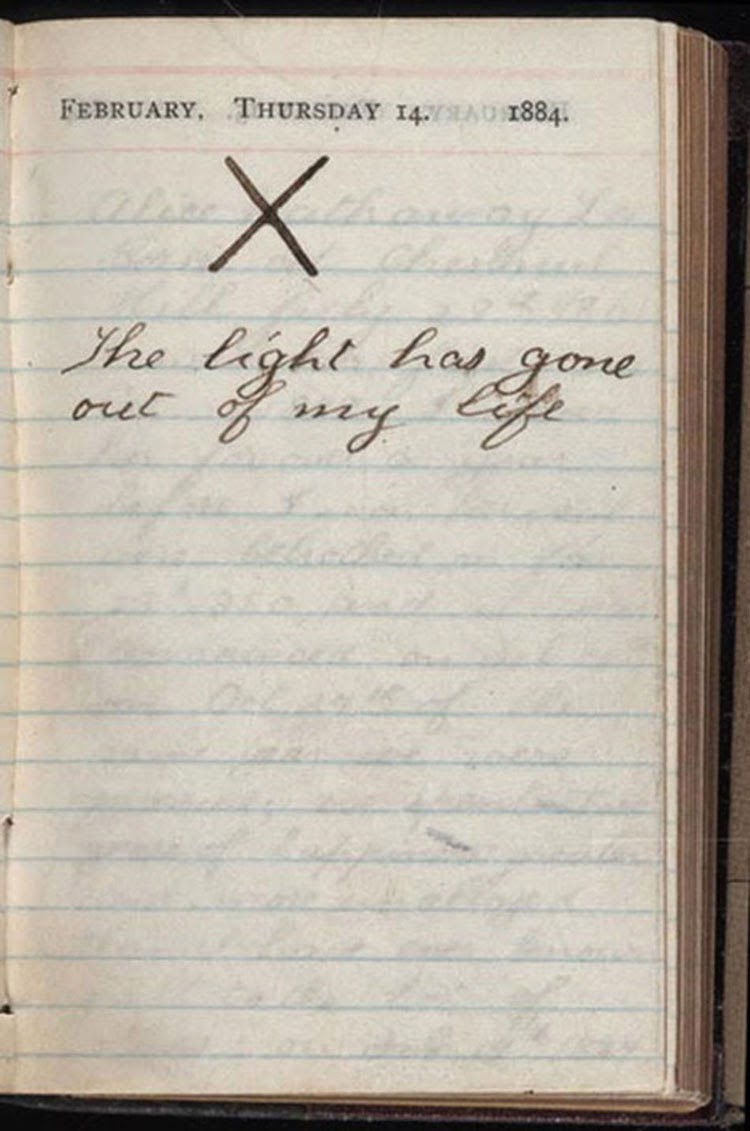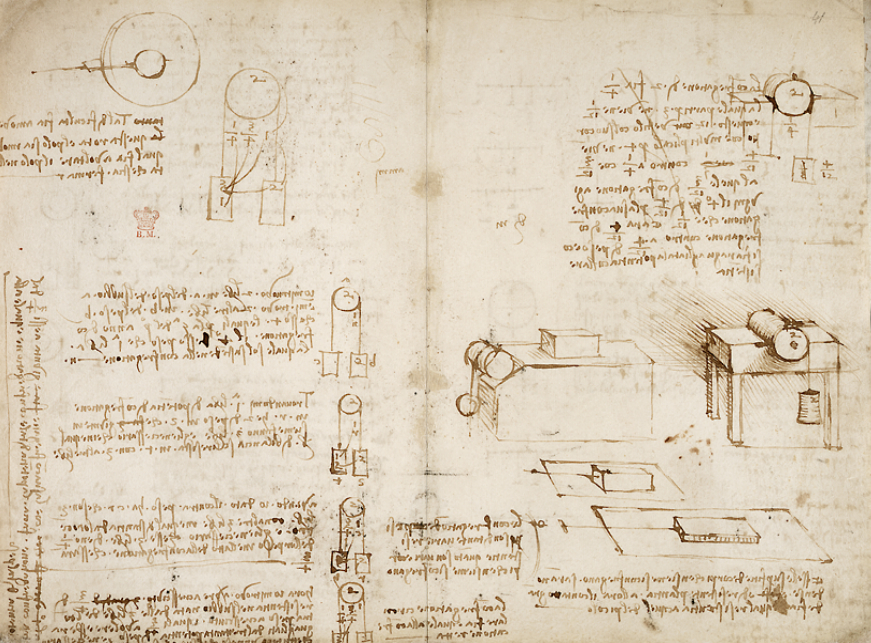It’s rare to get an in-depth look into the minds of the world’s most creative and innovative individuals. But when we do, it can be an eye-opener and provide us with valuable lessons that we can apply to our own life.
Thankfully, we live in a digital age where we can not only share our thoughts online with the world, we can also glimpse into the thoughts of people who came before us.
There are many important websites that archive the works of great thinkers by digitizing their journals and diaries. From these sources, we can understand how past personalities thought. We can also grow personally by using their best practices.
So, what are some of the lessons we can gain from the diaries of personalities in history? Let’s explore.
The greats were human
We often tend to look at ‘great’ people through their best qualities and compare ourselves to them.
It can be cathartic and eyeopening to learn that significant people were flawed, curious, and normal in their internal lives just like everyone else. They experienced a variety of positive and negative emotions and thoughts that are all part of the human spectrum.
For example, did you know that the version of Anne Frank’s diary, The Diary Of A Young Girl, that we’re familiar with is heavily edited? In Anne Frank’s real diary, she shows a great deal of curiosity and thoughts about her changing body and the growth she was experiencing. Her father edited her work to make it more appropriate for the public.
Another powerful example is from the former President T. D. Roosevelt’s entry on the day his mother and wife died.

These diaries show us that great actions and thoughts come from very normal human minds who strove after important goals. We ought to practice self-acceptance and accept our human nature while working on our strengths.
Spend time in reflection
Albert Einstein, Madame Curies, Charles Darwin, and many other scientists and inventors were all avid writers who journaled.

Practicing daily writing, whether it’s in your personal journal or through a blog post, helps you refine your thoughts. Your writing also acts as a record that you can use to reflect on your personal and professional journey.
Benjamin Franklin used his journal as a way to list and track the thirteen virtues he believed led to a moral and productive life. He also created a clear outline for his daily routine and planned his hours from five in the morning to ten at night when he went to sleep.
So, the act of writing in a diary acts as a record, a mode of reflection, a to-do list, and more. Consider making writing a daily part of your routine as a way to wind down at the end of the day. Writing also acts as a form of self-therapy that helps you manage stress and feel more well-balanced in life.
Diaries support creativity
Diaries of creative and scientific people in the past show us that these books served as a starting point for great works of literature, art, and science.
Frida Kahlo would often draw and paint in her journal and would later develop these experiments into full works of art.

Leonardo Da Vinci’s diaries are filled with interesting ideas and sketches for potential inventions. Charles Darwin also jotted down ideas as they appeared and sketched the first draft of his works in his diaries.

It’s a powerful habit to carry around a notebook to write down thoughts as they appear. We also have mobile phones with in-built notes applications that allow us to do the same thing. Make sure that you use your books or phone as a way to express your creative ideas. It’s through expression that you’re able to come up with more and more interesting thoughts that will serve you at work and in your personal life.
Finally, it’s not necessary to only write in your diaries. As you can see from the pictures, you can doodle, draw, paint, and add captions in your pages. There’s no limit to how you can express yourself creatively.
Conclusion
Diaries offer snapshots of a person’s thought process. And when we look at the writings of personalities from the past, we also learn a great deal.
We’ve just covered some lessons that we can apply to our own lives by looking at how scientists, artists, and writers used their journals. Work with the suggestions given here to give your mind and personality another avenue of growth.


